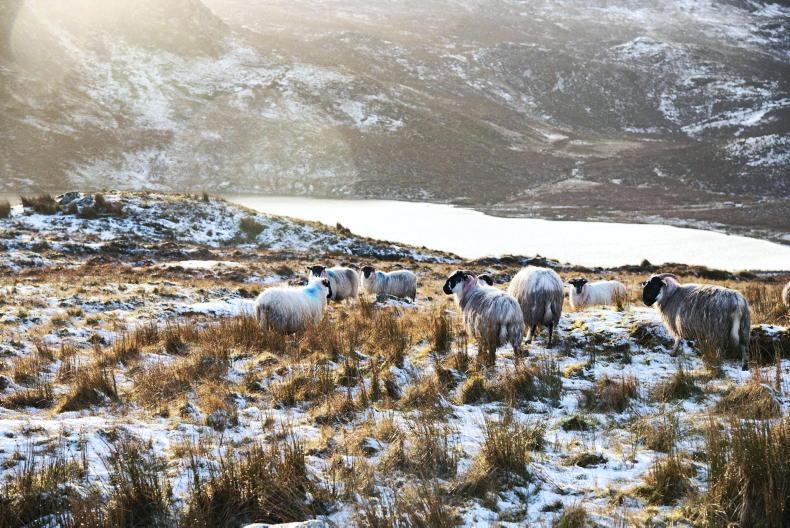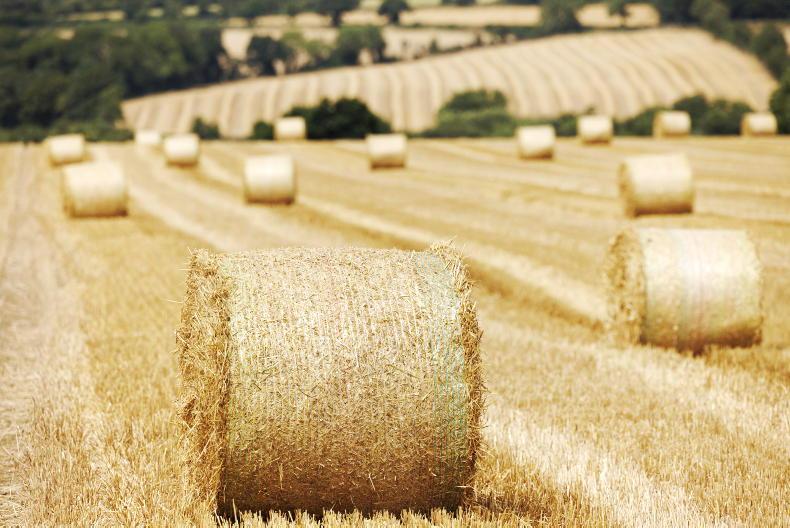Conditions for farming remain difficult, with snow and frost replacing incessant rain this week.
Temperatures plunged on Monday, with temperatures barely climbing above freezing at any point this week in many parts, and there was significant snowfall in the northern half of the country. Met Éireann says temperatures will start to increase on Saturday.
With ground frozen through the day in many areas, conditions remain difficult for slurry spreading.
IFA president Tim Cullinan, speaking at the south Tipperary IFA AGM on Monday night, acknowledged that farmers are under pressure to get slurry out. However he warned those present, some of whom who wanted to spread in December in frosty weather, that “we must be responsible as farmers” and abide by the slurry deadlines and application guidelines.
“Slurry is an organic fertiliser, a valuable resource,” he pointed out, saying: “We need to move on, make the best use of it by LESS equipment, spreading at the right time and during the growing season” rather than just emptying tanks as soon as possible. Cullinan said more slurry storage is needed on farms, adding: “That will have a cost and the Government knows it will have to have funding available.”
High rainfall
Prior to the cold snap, 2023 saw many parts of the country continue to endure high rainfall.
The 103mm (25mm = 1in) recorded in Athenry to 15 January is twice the total for all January 2022, and is close to the January monthly average. Roche’s Point also had 103mm so far this month, ahead of the average for the entire month.
The same applies at more high-rainfall weather station locations. Valentia’s 161mm for the first half of January is close to the monthly average of 173mm. Newport’s 157mm is also within 10mm of the January average.
The east coast has been drier. Dublin Airport has only seen 39mm so far this year, Dunsany (Grange) 50mm, and Oakpark 61mm. Stations like Johnstown Castle (Wexford), Gurteen (Tipperary) Shannon Airport (Clare) and Moorepark (Cork) have all had between 80-90mm.









SHARING OPTIONS